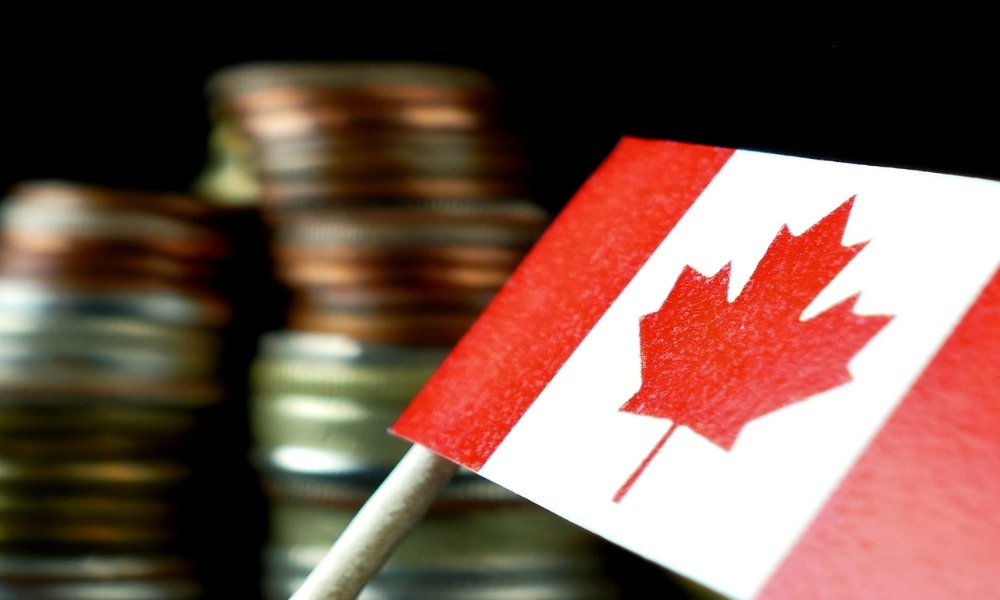Economists weigh in as February's expected 3.1% inflation prompts discussions on rate adjustments

As the Bank of Canada grapples with its strategic decisions amid fluctuating economic forecasts, the anticipated rise in February's inflation to 3.1 percent sheds light on the broader implications of monetary policy adjustments.
With Bloomberg analysts pinpointing a slight increase in inflation based on upcoming consumer price index (CPI) data from Statistics Canada, the focus intensifies on the Bank's response strategies.
Notably, the CPI core-trim and core-median measures, which remain pivotal to the Bank's assessments, are projected to hold steady, highlighting a nuanced understanding of inflation's underpinnings.
The discourse among economists, as they parse through potential outcomes of the inflation report, illuminates the dual nature of the Bank's monetary policy challenges.
On the one hand, Desjardins Financial analysts argue for recalibrating the Bank's inflation measures, suggesting that current metrics might overstate inflation by focusing excessively on items with over five percent price increases.
By adjusting for this perceived bias, inflation figures would align more closely with the Bank's upper target limit, advocating for a series of rate cuts to ease the economic burden on households and businesses.
This perspective underscores the importance of accurate inflation measurement in guiding monetary policy to support economic stability.
On the other hand, economists from the National Bank of Canada caution against the potential overextension of restrictive monetary policies, pointing to signs of economic downturn, such as a stagnant job market and declining business sales.
Their observations suggest that while inflation rates stall, the economy faces significant headwinds, including demographic shifts and housing costs. Their forecast of modest growth emphasizes the delicate balance the Bank of Canada must maintain to nurture economic resilience without exacerbating vulnerabilities.
Further analysis by Royal Bank of Canada economists links February's inflation rise to specific factors like increased energy costs, highlighting the transient nature of some inflationary pressures.
They suggest that broader economic weaknesses and diminished consumer spending will likely mitigate these pressures, advocating for a strategic easing of interest rates.
The Bank's policy decisions are pivotal in navigating the delicate equilibrium between fostering economic growth and maintaining price stability, balancing the nuanced challenges of inflation measurement and economic stability.



